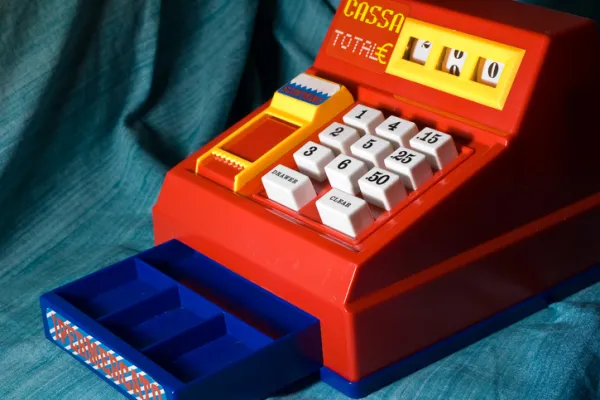Take the Chicago Mercantile Exchange. Last month the 105-year-old futures market elevated longtime executive Craig Donohue to the CEO's chair, shunting aside Jim McNulty, who shepherded the CME through its historic demutualization and December 2002 initial public offering. Sources say that the move capped a long-simmering political battle between McNulty and a bloc of powerful CME directors led by Jack Sandner and Leo Melamed, who have strong ties to CME floor traders.
Though they agreed on business strategy with McNulty, who has presided over a doubling of the company's share price, the opposition directors felt threatened by his moves in 2001 and 2002 to gradually cut the size of the CME board by almost 50 percent -- a step they saw as consolidating his power and marginalizing theirs. The bloc last year blunted McNulty's power somewhat. It supported thenvice chairman Terry Duffy's successful bid to unseat McNulty supporter Scott Gordon as chairman and elevated chief administrative officer Donohue to share power with McNulty in a newly created "office of the CEO." Last month the board decided not to renew McNulty's contract, which expires at the end of December, and to promote Donohue, who joined the exchange in 1997 as an attorney and is viewed as loyal to the Sandner-Melamed bloc.
"This being Chicago, people love politics, and they love to speculate about politics," says Donohue. "I think this is a natural transition process for us. We're a meritocracy. The board has given me this opportunity because they have confidence in my ability to lead." McNulty, for his part, says he didn't want to renew his contract because "after 29 years in the financial sector, it was time to take a break. I'm very much looking forward to spending some time with my family."
In any event, Donohue takes the helm at a critical time. Volume and profits have been surging in recent years, but the U.S. arrival early next year of all-electronic German-Swiss exchange Eurex represents a threat to the CME, which has enjoyed a monopoly in its most successful financial futures products for decades. Eurex has an impressive track record: In 1998 it snared a majority of the volume in benchmark German government bond futures from London's Liffe exchange. Many futures brokers are eager to trade through Eurex because, they say, it is cheaper and more efficient.
Donohue counters that the CME has long promoted electronic trading -- 49 percent of its volume was handled electronically in July -- and lately has taken other steps to reduce costs for members. "We clear more than a billion contracts a year," he says. "Replicating that liquidity is a very daunting challenge for any competitor. We take competition very seriously, but we enjoy a strong position in the market."




